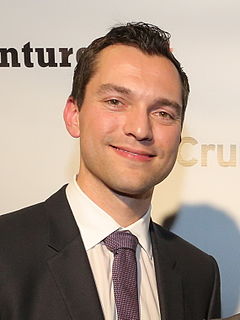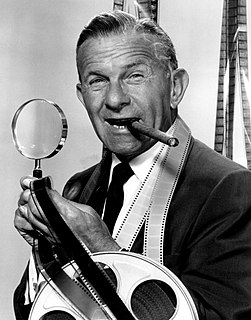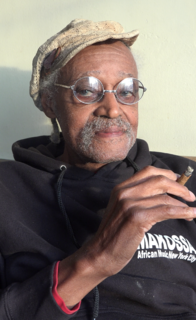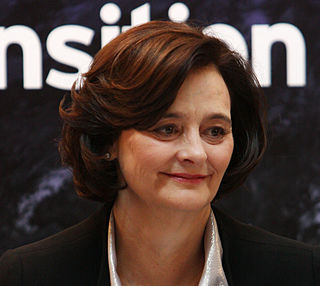A Quote by Nathan Blecharczyk
Talking to hosts and asking them, 'What does Airbnb mean to you?'... I get amazingly heartfelt stories about the people that they met, about the money that they earned, about the mindset of empowerment they got through this and how they then applied that to their own business.
Related Quotes
Money is the root of all evil.' Then we hear, 'A fool and his money are soon parted.' What are they talking about? If money is so evil, shouldn't it be, 'A wise man and his money are soon parted'? And another thing, how does a fool get money in the first place? I know some fools who have a lot of money, but they won't tell me how they got it, and I won't tell them.
Talking about freedom, about ethical issues, about responsibilities as well as convenience, is asking people to think about things they might prefer to ignore, such as whether their conduct is ethical. This can trigger discomfort, and some people may simply close their minds to it. It does not follow that we ought to stop talking about these things.
Here is where you get into the danger zone, when the government official starts talking about U.S. government business and then also talking about what personal business favors they might want. And when the conversation goes down that road, it does risk crossing the line into solicitation of a bribe.
Interesting thing that is happening in American society is that people are starting to talk about money. I don't know how you feel about this, but for a long time, nobody was talking about money. It was a secret. And it's kind of very interesting because we do lots of stuff to portray to people about how much money we have, the clothes we wear and the cars we have and the house - they all kind of depict to other people, signal how much money we make, but we don't talk about it specifically.
I'm drawn to stories about ordinary people who get tangled up in an extraordinary event or idea or emotion. I'm not saying I don't love films about super-people or super-doctors, but my preference is for stories about how we get through this life, what it is to be human, because I'm always struggling with it myself.
She [Hillary Clinton] knows the people well. I think there is - you know, also talking about breaking down barriers and talking about that, whether we`re talking about that in economic terms. I mean, she`s the only person who has been out there talking about white privilege and talking about sort of the intersectionality of some of these issues.
We're sitting in here, and I'm supposed to be the franchise player, and we in here talking about practice. I mean, listen, we're talking about practice, not a game, not a game, not a game, we talking about practice. Not a game. Not, not... Not the game that I go out there and die for and play every game like it's my last. Not the game, but we're talking about practice, man. I mean, how silly is that?.. And we talking about practice. I know I supposed to be there. I know I'm supposed to lead by example... I know that... And I'm not... I'm not shoving it aside, you know, like it don't mean anything. I know it's important, I do. I honestly do... But we're talking about practice man. What are we talking about? Practice? We're talking about practice, man.
After my husband, Dave, died, I called my friend Adam, a psychologist who studies how people find meaning in our lives, and I asked him what, if anything, I could do to help myself and my kids get through this. We started talking about resilience, then reading about it, then talking to other people who had gotten through grief and other huge challenges. In time, those conversations and that research helped me heal.
I was afraid people wouldn't take me seriously, or would stop respecting me, if I talked about how bad I was feeling. The only people I talked openly about it with was my business partner, Dave Jilk, and my girlfriend - now wife - Amy Batchelor. They were amazingly supportive, but even then, I was deeply ashamed about my weaknesses.
Intelligent, heartfelt stories that tell a whole new set of truths about growing up American. Julie Orringer writes with virtuosity and depth about the fears, cruelties, and humiliations of childhood, but then does that rarest, and more difficult, thing: writes equally beautifully about the moments of victory and transcendence.
My own foundation concentrates on women's economic empowerment on the basis that if women have their own money and are able to support themselves, they can make choices about what happens to them in their lives, about whether they have education, whether they get married, and what happens to their children.



































